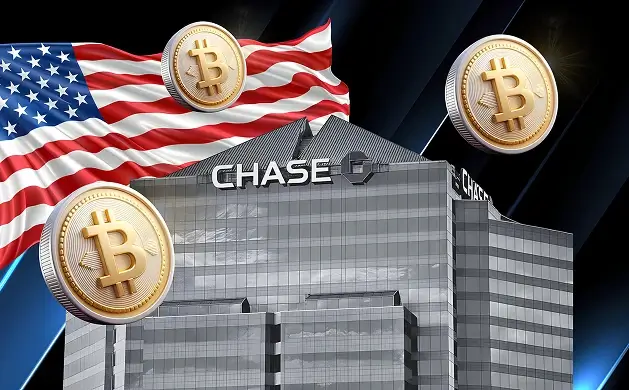How to Buy Tether (USDT) in South Korea
%2520Korea%2520(1).webp)
Summary: Buying USDT in South Korea is legal through regulated exchanges like KuCoin and Upbit, which comply with the Financial Services Commission (FSC) guidelines.
These platforms allow direct KRW deposits via bank transfers, credit/debit cards, and mobile payment services like Samsung Pay and Kakao Pay.
KuCoin is the best platform for buying USDT in Korea due to its compliance with local regulations, competitive fees, and support for instant KRW deposits.
Available Markets
700+ Cryptocurrencies (Spot, Futures & More).
Trading Fees
0.06% Spot Trading Fee.
KRW Deposit Methods
Bank Transfers, Debit Card, Credit Card, and more.
Is It Legal to Buy USDT in South Korea?
Yes, buying USDT is legal in South Korea through FSC-regulated exchanges. The Virtual Asset User Protection Act requires platforms to register, follow domestic regulations, and store 80% of user funds in cold wallets for security.
While South Korean crypto exchanges support KRW deposits, offshore platforms like Binance may face banking restrictions, limiting fiat access.
How to Buy USDT in South Korea
Buying USDT in South Korea is fast and secure with a trusted exchange offering instant KRW deposits, low fees, and deep liquidity. KuCoin, trusted by over 20 million investors, supports bank transfers, debit/credit cards, and Samsung Pay for seamless transactions.
4 Simple Steps to Buy USDT on KuCoin:
- Create an Account – Sign up on KuCoin and complete KYC verification.
- Deposit KRW – Add funds via bank transfer, credit/debit card, or Samsung Pay.
- Select USDT/KRW – Navigate to the Buy Crypto section and choose USDT/KRW.
- Buy USDT – Enter the amount, confirm the trade, and store USDT securely.

Best Tether (USDT) Exchanges in South Korea
Several exchanges support KRW deposits for buying USDT, while popular global platforms like Binance offers P2P trading due to banking restrictions. Here’s a comparison of the top options:
KRW to USDT Trading Fees
The cost of converting KRW to USDT depends on the exchange and deposit method. Bank transfers are typically free, while credit and debit cards incur higher fees. Below is a comparison of the major platforms:
Tax Rules for Buying USDT in Korea
South Korea doesn’t tax buying or holding USDT, but from 2025, profits over 2.5 million KRW per year will face a 20% capital gains tax.
The Financial Services Commission (FSC) regulates crypto, while the National Tax Service (NTS) enforces tax compliance. Exchanges report large transactions, and authorities are tightening oversight.
To stay compliant, track trades, withdrawals, and fiat conversions. Keeping accurate records helps avoid penalties as regulations evolve.
Final Thoughts
Regulated exchanges in South Korea make USDT purchases secure and convenient with KRW deposits via bank transfers, debit/credit cards, and mobile payments.
Choosing a compliant platform ensures smooth transactions and simplifies tax reporting as new regulations take effect in 2025.
For lower fees, bank transfers remain the best option. Staying updated on crypto regulations will help users trade safely and efficiently.
%2520(1).webp)
Written by
Antony Bianco
Head of Research
Antony Bianco, co-founder of Datawallet, is a DeFi expert and active member of the Ethereum community who assist in zero-knowledge proof research for layer 2's. With a Master’s in Computer Science, he has made significant contributions to the crypto ecosystem, working with various DAOs on-chain.

.webp)

.webp)
.webp)




